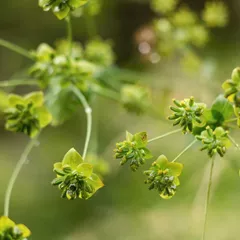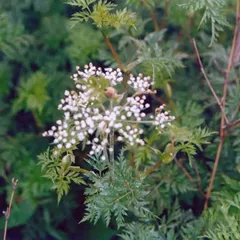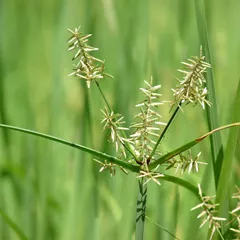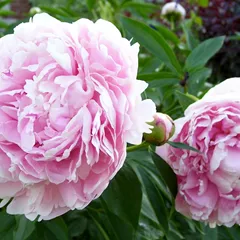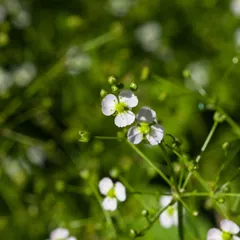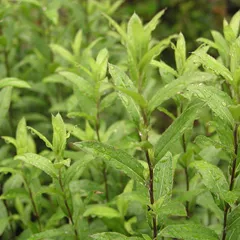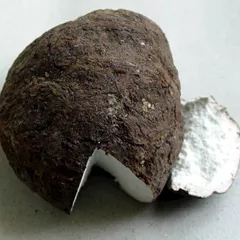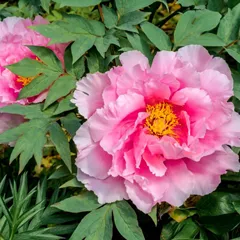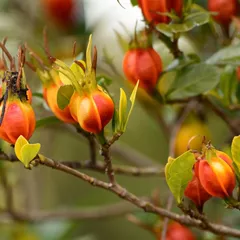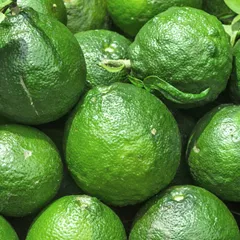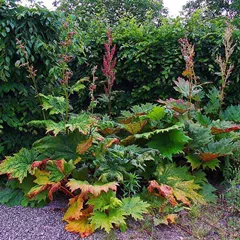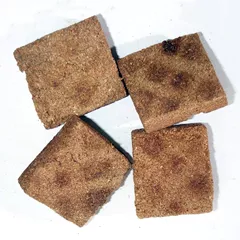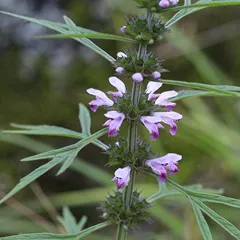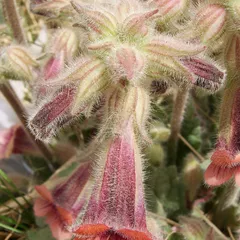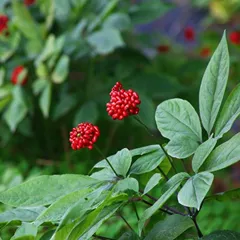Yue Ju Wan
Yue Ju Wan
Chinese: 越鞠丸
Pinyin: Yuè Jū Wán
Other names: Escape Restraint Pill
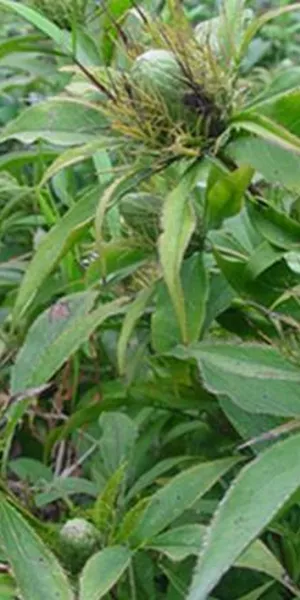
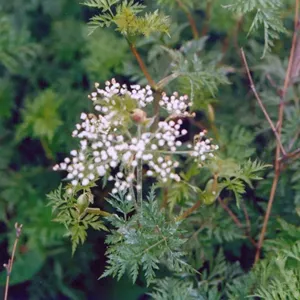
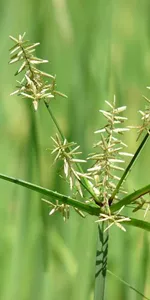
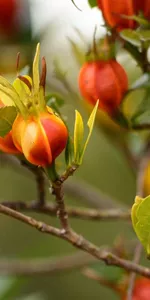
Yue Ju Wan
Yue Ju Wan
Chinese: 越鞠丸
Pinyin: Yuè Jū Wán
Other names: Escape Restraint Pill
Number of ingredients: 5 herbs
Formula category: Formulas that promote Qi movement
Conditions for which it may be prescribed: MigraineEpilepsyGallstones and eleven other conditions
- Promotes the movement of Qi
- Releases all types of Stagnation (Qi, Blood, Phlegm, Fire, Food and Dampness)
Contraindications: Contraindicated for Stagnation cases due to Deficiency.
Source date: 1481 AD
Source book: Essential Teachings of [Zhu] Dan-Xi
The information provided here is not a replacement for a doctor. You shouldn't use it for the purpose of self-diagnosing or self-medicating but rather so you can have a more informed discussion with a professional TCM practitioner.
Yue Ju Wan is a 5-ingredient Chinese Medicine formula with Atractylodes Rhizomes (Bai Zhu) and Szechuan Lovage Roots (Chuan Xiong) as principal ingredients.
Invented in 1481 AD, it belongs to the category of formulas that promote Qi movement. Its main actions are: 1) promotes the movement of Qi and 2) releases all types of Stagnation (Qi, Blood, Phlegm, Fire, Food and Dampness).
In Chinese Medicine health conditions are thought to arise due to "disharmonies" in the body as a system. These disharmonies are called "patterns" and the very purpose of herbal formulas is to fight them in order to restore the body's harmony.
In this case Yue Ju Wan is used by TCM practitioners to fight patterns like Liver Qi Stagnation, Phlegm or Qi Stagnation. From a Western Medicine standpoint, such patterns can give rise to a range of conditions such as low breast milk supply, menopausal syndrome or peptic ulcers for instance.
On this page, after a detailed description of each of the five ingredients in Yue Ju Wan, we review the patterns and conditions that Yue Ju Wan helps treat.
The five ingredients in Yue Ju Wan

Bai Zhu is a king ingredient in Yue Ju Wan. Like the name indicates, it means it has more power than other ingredients in the formula.
1. Atractylodes Rhizomes (Bai Zhu)
Part used: Dried rhizome
Nature: Warm
Meridian affinity: SpleenStomach
Category: Tonic herbs for Qi Deficiency
Bai Zhu releases Qi-Stagnation and clears Dampness and Phlegm. It also helps relieve the symptoms of focal distention in the chest and copious sputum.
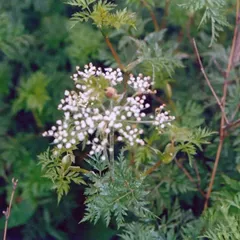
Chuan Xiong is a king ingredient in Yue Ju Wan. Like the name indicates, it means it has more power than other ingredients in the formula.
2. Szechuan Lovage Roots (Chuan Xiong)
Part used: Dried rhizome
Nature: Warm
Taste(s): Pungent
Meridian affinity: GallbladderLiverPericardium
Category: Herbs that invigorate the Blood
In general Chuan Xiong's main actions are as follows: "Regulates and moves the Blood. Relieves Wind-Cold and pain. Circulates the Qi in the Upper Burner, relieving headaches."
In the context of Yue Ju Wan, it is used because it helps remove Blood Stagnation and the pain typically associated with it.
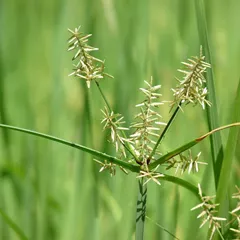
Xiang Fu is a deputy ingredient in Yue Ju Wan. This means it helps the king ingredient(s) treat the main pattern or it serves to treat a coexisting pattern.
3. Coco-Grass Rhizomes (Xiang Fu)
Part used: Dried rhizome
Nature: Neutral
Meridian affinity: LiverSanjiaoSpleen
Category: Herbs that regulate Qi
Xiang Fu is extremely effective at resolving issues caused by Qi Stagnation. It is a herb that's often used to treat gynecological disorders because it is said to enter the Blood aspect of Qi.
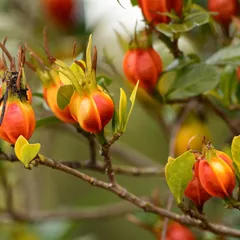
Zhi Zi is an assistant ingredient in Yue Ju Wan. This means that it either serves to reinforces the effect of other ingredients or it moderates their toxicity.
4. Cape Jasmine Fruits (Zhi Zi)
Part used: Dried ripe fruit
Nature: Cold
Taste(s): Bitter
Meridian affinity: GallbladderHeartLungSanjiao
Category: Herbs that clear Heat and purge Fire and/or clear Summer Heat
Zhi Zi clears Heat from all the Three Burners and resolves the Heat generated by the Stagnation and its associated symptoms (like the acid reflux).
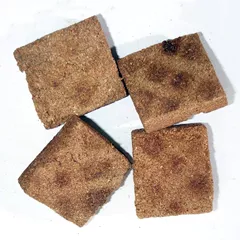
Shen Qu is an assistant ingredient in Yue Ju Wan. This means that it either serves to reinforces the effect of other ingredients or it moderates their toxicity.
5. Medicated Leaven (Shen Qu)
Part used: This is a fermented combination of wheat flour, Artemisia annua, Xanthium, Polygonum hydropiper and other herbs.
Nature: Warm
Meridian affinity: SpleenStomach
Category: Herbs that relieve Food Stagnation
In general Shen Qu's main actions are as follows: "Assists the Stomach in removing Food Stagnation. Harmonizes the Earth element and improves digestion."
In the context of Yue Ju Wan, it is used because it helps clear food Stagnation and it harmonizes the Stomach.
Conditions and patterns for which Yue Ju Wan may be prescribed
It's important to remember that herbal formulas are meant to treat patterns, not "diseases" as understood in Western Medicine. According to Chinese Medicine patterns, which are disruptions to the body as a system, are the underlying root cause for diseases and conditions.
As such Yue Ju Wan is used by TCM practitioners to treat three different patterns which we describe below.
But before we delve into these patterns here is an overview of the Western conditions they're commonly associated with:
Low breast milk supply Menopausal syndrome Peptic ulcers Irritable bowel syndrome Chronic gastritis Biliary tract infections Gallstones Chronic hepatitis Intercostal neuralgia Migraine Globus hystericus Epilepsy Cerebral thrombosis Depression
Again it wouldn't be correct to say "Yue Ju Wan treats low breast milk supply" for instance. Rather, Yue Ju Wan is used to treat patterns that are sometimes the root cause behind low breast milk supply.
Now let's look at the three patterns commonly treated with Yue Ju Wan.
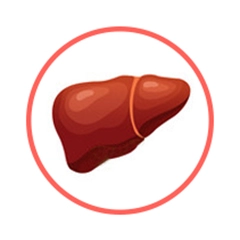
The Liver is a so-called "Zang" Organ. Learn more about the Liver in Chinese Medicine
Liver Qi Stagnation
Pulse type(s): Wiry (Xian)
Tongue color: Normal (light red)
Symptoms: Anger Fever Nausea Sighing Anxiety Blister Vomiting Diarrhea Belching Moodiness Hiccuping Headaches Dark face Melancholy Depression Borborygmi Neck lumps Flank pain Mood swings Fluctuation Breast pain Irritability Breast lumps Constipation Poor appetite Breast eczema Abdominal pain Epigastic pain Breast redness Breast nodules Scanty periods Clots in blood Breast hardness Chest distension Menstrual cramps Frequent sighing Breast distention Dark nipple color Thick breast milk Abdomen distension Hypochondriac pain Breast skin cracks Uneven milk supply Dark colored blood Suppressed emotions Premenstrual tension Breast pus discharge Breast skin ichiness Abdominal distension Lower abdominal pain Feeling of distension Epigastric distension Pre-menstrual tension Epigastrium distension Irregular menstruation White spots on nipples Feelings of frustration HypochondriaI distension Yellow vaginal discharge Sticky vaginal discharge Alternating fever and chills Feeling of lump in the throat Premenstrual breast distension Churning feeling in the stomach Abdominal distention and fullness Feeling of pulsation in epigastrium Alternating constipation and diarrhea Insufficient or absent lactation after childbirth Stifling sensation in the chest causing one to have deep sighs
Yue Ju Wan is sometimes prescribed by TCM practitioners to treat Liver Qi Stagnation. This pattern leads to symptoms such as hypochondriai distension, chest distension, epigastrium distension and abdomen distension. Patients with Liver Qi Stagnation typically exhibit wiry (Xian) pulses as well as Normal or slightly red on the sides.
When Liver Qi does not flow smoothly or regularly, it becomes Stagnant and in Excess. This leads to Heat accumulating in the Liver. This affects not only the Liver, but other connected Organs as well as the Seven Emotions.
Liver Qi Stagnation is not only the most seen Liver disharmony, but also one... read more about Liver Qi Stagnation
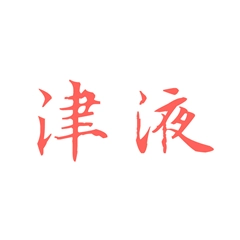
Body Fluids (Jin Ye) is one of Chinese Medicine's vital subtances. Learn more about Body Fluids in Chinese Medicine
Phlegm
Pulse type(s): Slippery (Hua), Wiry (Xian)
Tongue coating: Sticky coating, Thick coating
Tongue shape: Swollen
Symptoms: Lumps Nausea Tumors Oedema Nodules Obesity Fatigue Vertigo Delirium Belching Vomiting Dizziness Moodiness Overweight Bad breath Depression Watery milk Clear mucus Irritability Poor appetite Low metabolism Chest fullness Chest pressure Breast distention Abdominal fullness Sputum in the chest Feeling of heaviness Thick tongue coating Muzziness of the head Numbness in the limbs Thick greasy secretions Feeling of oppression of the chest No feeling of distension of the breasts
Yue Ju Wan is sometimes prescribed by TCM practitioners to treat Phlegm. This pattern leads to symptoms such as feeling of oppression of the chest, muzziness of the head, dizziness and nausea. Patients with Phlegm typically exhibit slippery (Hua) or wiry (Xian) pulses as well as swollen tongue with sticky coating .
Phlegm has a great importance in Chinese Medicine as it is both a condition in and of itself as well as a cause for other diseases.
The main cause for the formation of Phlegm is Spleen Deficiency since the Spleen rules the transformation and transportation of Body Fluids. If this function is... read more about Phlegm
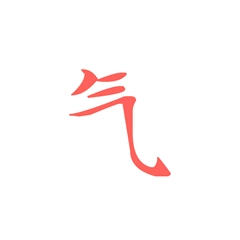
Qi is one of Chinese Medicine's vital subtances. Learn more about Qi in Chinese Medicine
Qi Stagnation
Pulse type(s): Tight (Jin), Wiry (Xian)
Tongue coating: Thin white coating
Tongue color: Red sides
Symptoms: Belching Vomiting Depression Mood swings Acid reflux Indigestion Late period Irritability Throat lumps Poor appetite Scanty periods Clots in blood Abdominal pain Frequent sighing Breast distention Soft palpable lumps Feeling of distension Moving distending pain Irregular menstruation Fixed pain in the hypochondria Premenstrual breast distension Mild coughing with copious sputum Premenstrual abdominal distension Feeling of oppression of the chest Stifling sensation in the chest and abdomen
Yue Ju Wan is sometimes prescribed by TCM practitioners to treat Qi Stagnation. This pattern leads to symptoms such as feeling of distension, moving distending pain, depression and irritability. Patients with Qi Stagnation typically exhibit tight (Jin) or wiry (Xian) pulses as well as Normal or slightly dark on side with white or yellow coating.
If the flow of Qi is impeded in any way, it becomes stuck or stagnant. This can be likened to a traffic jam on the freeway. That's why, unlike in the cases of Qi Deficiency or Qi Sinking, tonification is contraindicated: it would be like adding more cars to the traffic jam. Instead, Qi moving or... read more about Qi Stagnation
Formulas similar to Yue Ju Wan
Chai Hu Shu Gan San is 29% similar to Yue Ju Wan
Dang Gui Shao Yao San is 29% similar to Yue Ju Wan
Cang Fu Dao Tan Wan is 25% similar to Yue Ju Wan
Dan Zhi Xiao Yao San is 25% similar to Yue Ju Wan
Zhi Shi Dao Zhi Wan is 25% similar to Yue Ju Wan
Ba Zhen Yi Mu Tang is 22% similar to Yue Ju Wan

